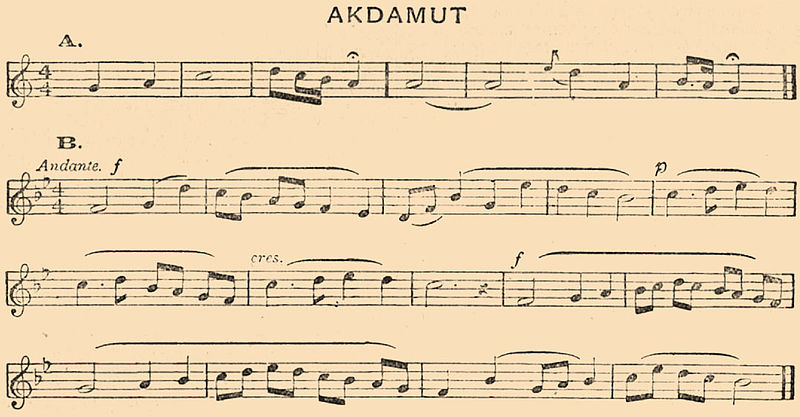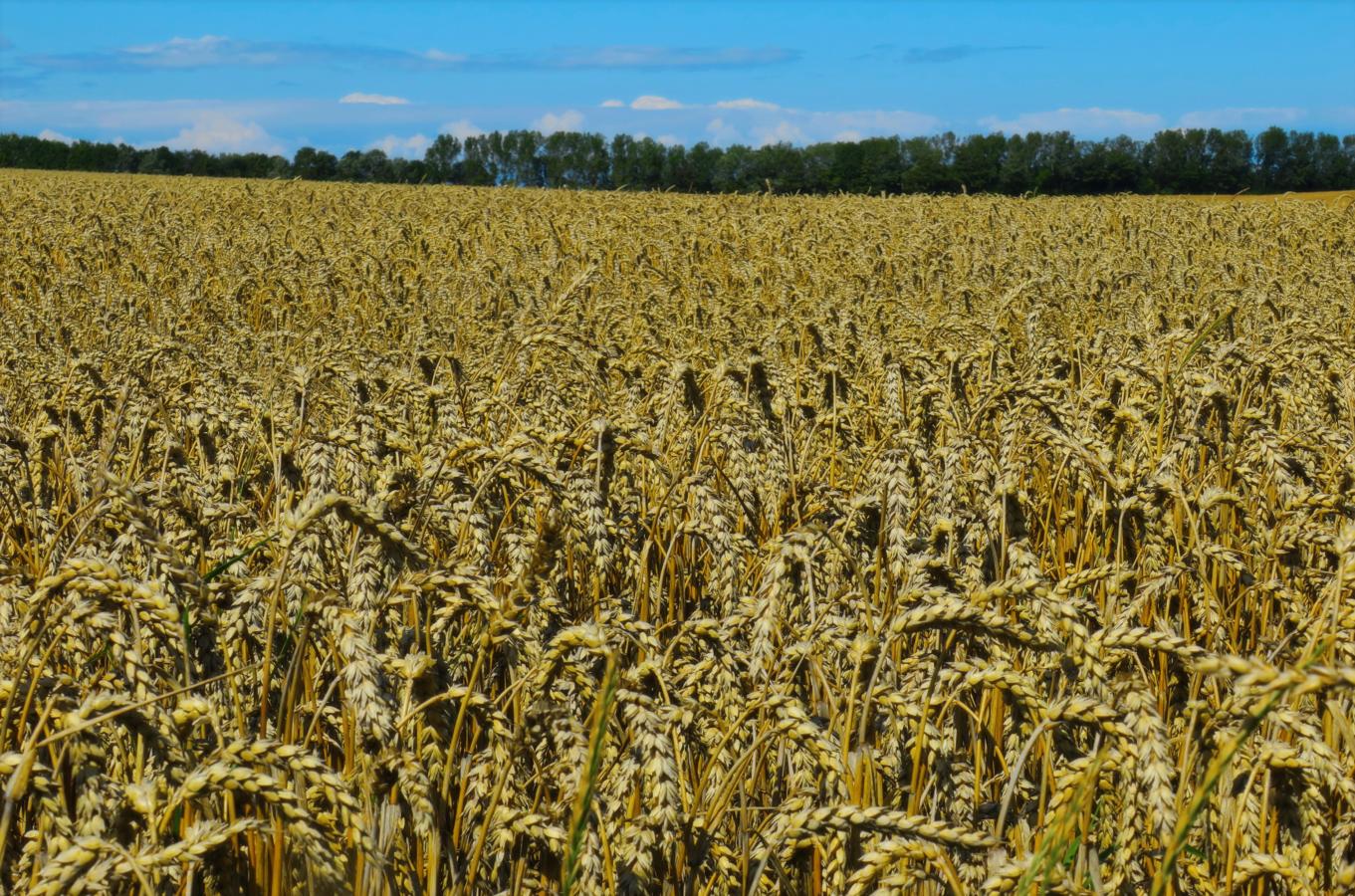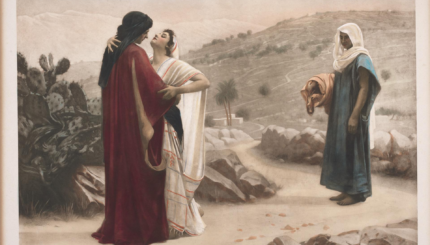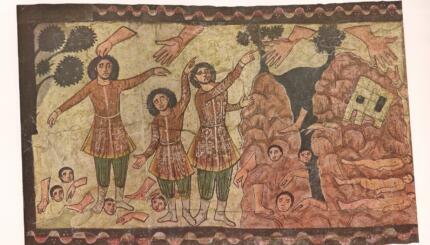The synagogue service on Shavuot mirrors that of other festivals. Here are some notable inclusions:
Hallel: Like other festivals, Shavuot is an occasion for Jews to recite Hallel, a set of psalms of praise (specifically, psalms 113-18).
Yizkor: The Jewish memorial service is recited on the second day of Shavuot and also recited on Yom Kippur, Shemini Atzeret, and the eighth day of Passover for a total of four times in the Jewish liturgical year.
Piyyutim: Piyyutim are liturgical poems and there are many, some dating to the early middle ages, that have been composed for Shavuot. Some examples:

Help us keep Jewish knowledge accessible to millions of people around the world.
Your donation to My Jewish Learning fuels endless journeys of Jewish discovery. With your help, My Jewish Learning can continue to provide nonstop opportunities for learning, connection and growth.
- Because Shavuot is sometimes figured as a marriage between God (the groom) and Israel (the bride), many Shavuot piyyutim, particularly in the Sephardic community, are reminiscent of the ketubah, or marriage contract.
- Another popular Sephardic piyyut, azharot, recites the 613 commandments of the Torah, a way of summarizing what was revealed at Sinai.
- The Ashkenazic piyyut akdamut which is typically said before the Torah reading on the first day of Shavuot, celebrates the enduring covenant between a majestic God and a devout people.

In addition to these liturgical inclusions, there are special scriptural readings on Shavuot, including the book of Ruth, Ezekiel’s mystial vision of the merkavah (divine chariot), and the Ten Commandments. Read about them here.



